Shia Muslims hold mourning ceremonies to mark Ashura worldwide
Millions of Muslims across the world observe Ashura, which commemorates the martyrdom anniversary of Imam Hussein (AS), the third Shia Imam and the grandson of Prophet Mohammad (Peace be upon Him).
Ashura is the culmination of a 10-day annual mourning period in the lunar calendar month of Muharram for Imam Hussein (AS), who was martyred along with his 72 companions in the Battle of Karbala in southern Iraq in 680 AD after fighting courageously for justice against the much larger army of the Umayyad caliph, Yazid I.
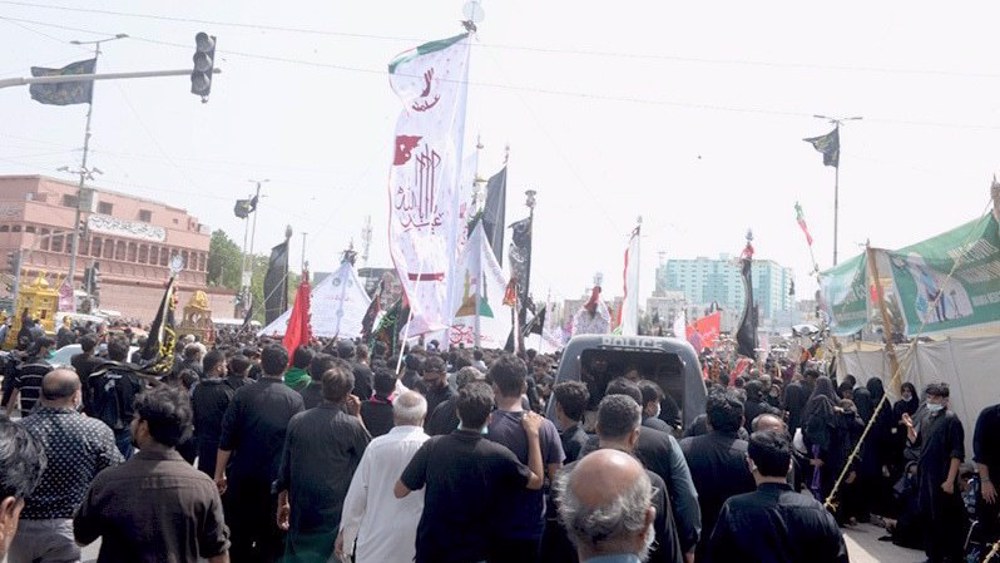
The Muharram ceremonies symbolize the eternal and unwavering stance of truth against falsehood and humanity’s struggle against injustice, tyranny and oppression.
Each year on Ashura, the mourners, dressed in black, march in mass processions, listen to elegies and hold noon prayers, with benefactors distributing votive foods.
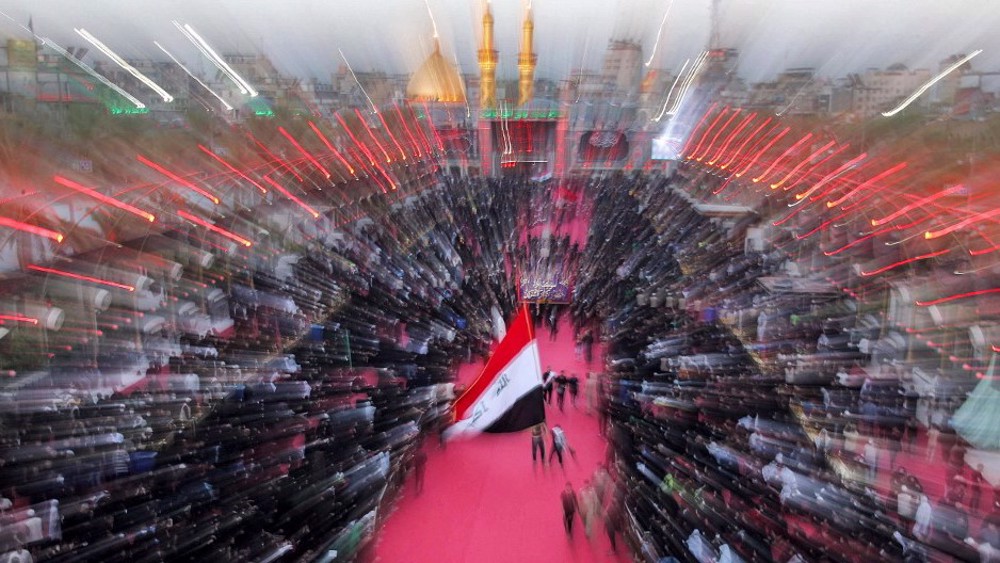
In Iran, however, ceremonies are different this year as gatherings in closed areas and street marches are banned due to the COVID-19 pandemic.
The Iranians were also advised not to go on pilgrimage to neighboring Iraq amid a closure of borders over the coronavirus outbreak.
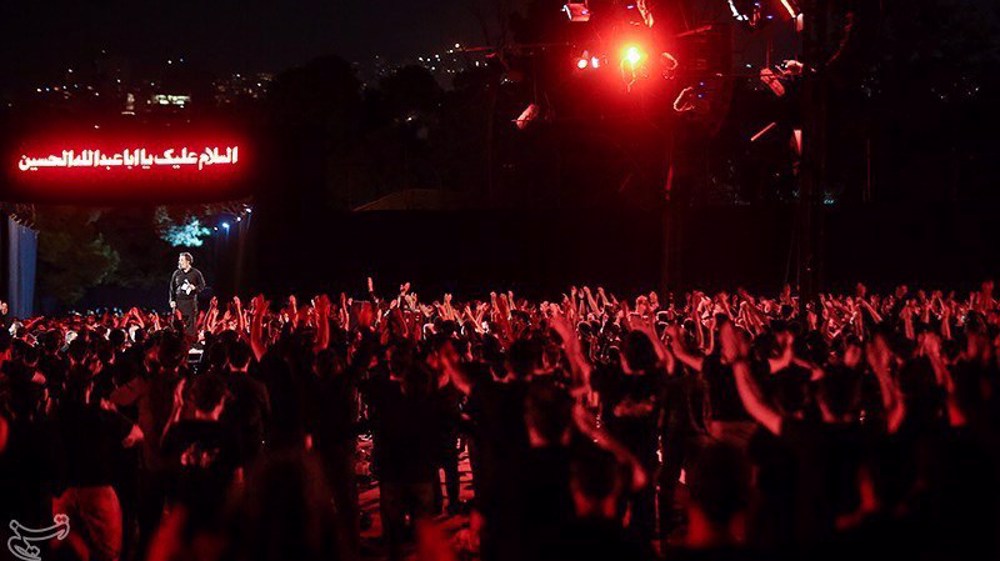
Leader of the Islamic Revolution Ayatollah Seyyed Ali Khamenei attended a mourning ceremony on the eve of Ashura.
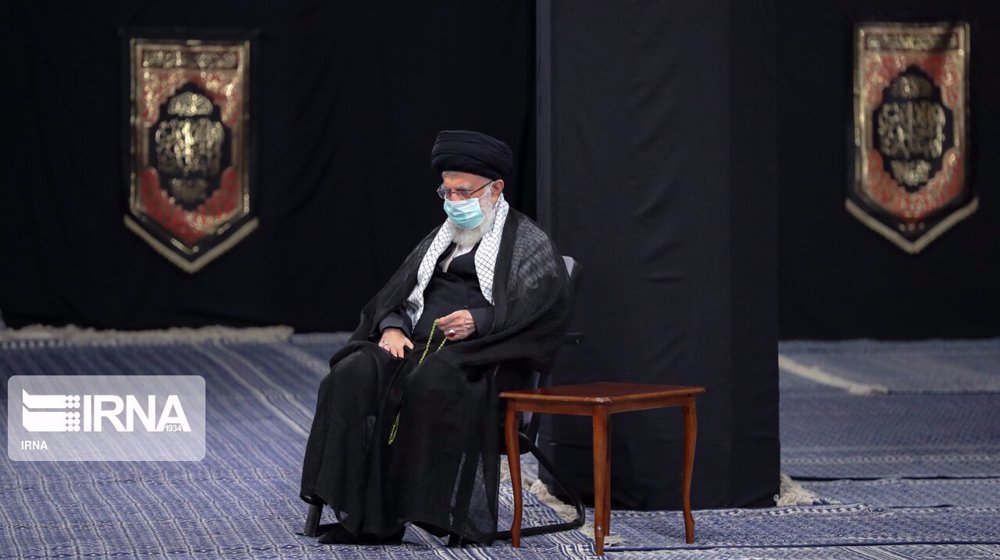
On the same night, Iran’s President Seyyed Ebrahim Raeisi addressed a mourning ceremony in Tehran.
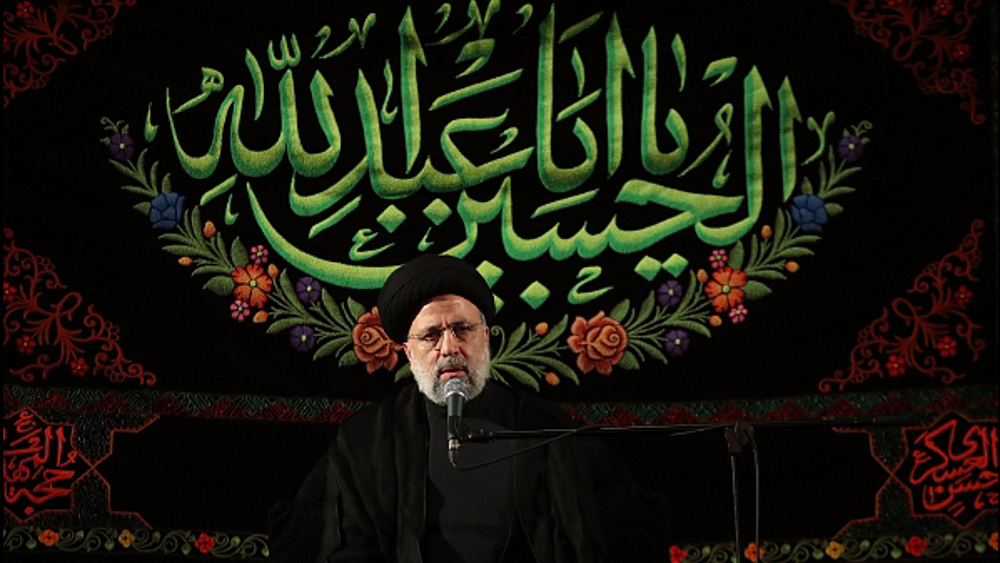
Speaking on Wednesday night, Secretary General of Lebanon’s Hezbollah resistance movement, Sayyed Hassan Nasrallah, thanked the participants in the Muharram rituals who honored coronavirus safety protocols.
He also noted that Hezbollah and Amal movement had agreed not to hold an Ashura march this year because of the virus outbreak.
"The lesson from the Karbala tragedy is that we should not be indifferent when it comes to helping the right and fighting the wrong, something that the Islamic resistance has learnt," Nasrallah said.
In Afghanistan, Shia mourners marched peacefully in the city of Mazar-i-Sharif days after the Taliban’s takeover of the country.
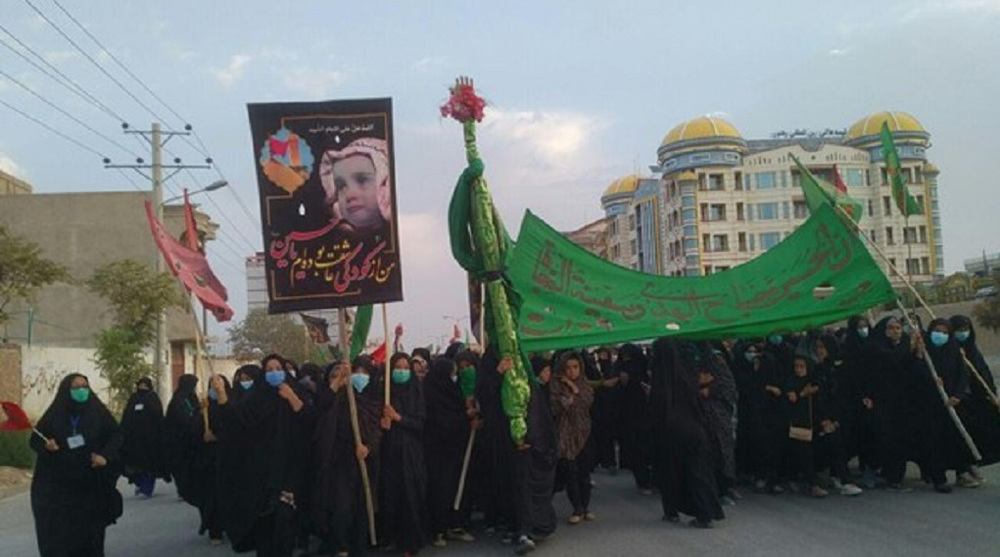

Pope Francis in critical condition due to ‘asthmatic respiratory crisis’: Vatican
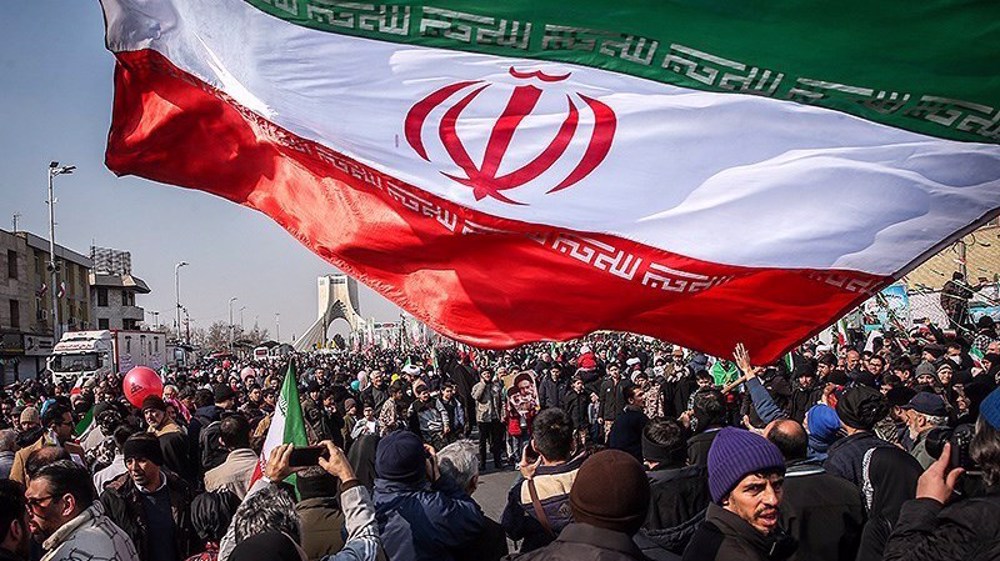
Hezbollah hails Iran’s Islamic Revolution as historic turning point in resistance
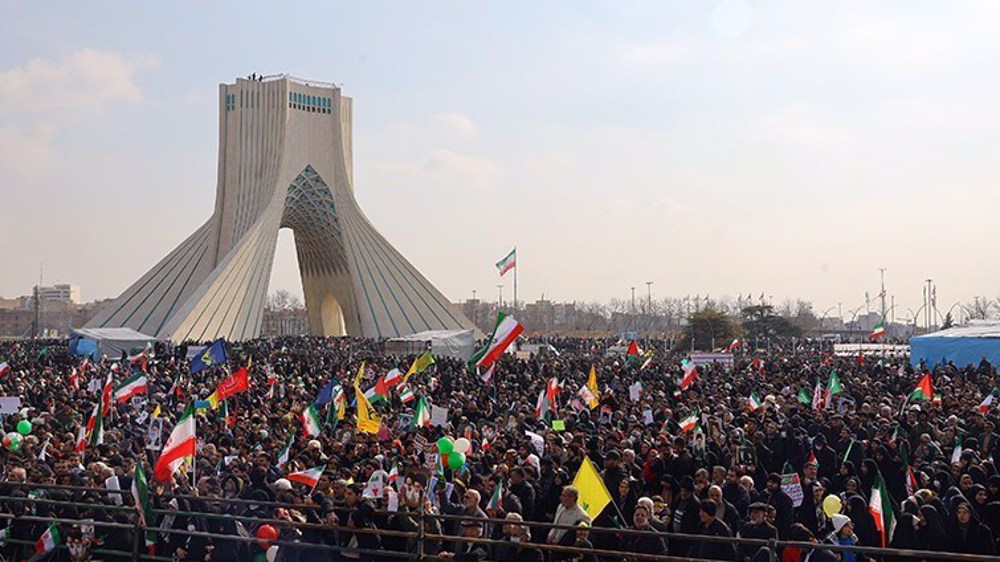
Iranians mark 46th anniversary of Islamic Revolution with nationwide marches, celebrations
VIDEO | Press TV's news headlines
Longest held Palestinian prisoner released by Israel
Iran condemns Israel’s military threats
VIDEO | Pakistan, Iran strengthen trade ties with $10 billion target
VIDEO | What conditions faced by Palestinian prisoners?
Israel carried out mass killing of own people under ‘Hannibal Directive’: Military probe
VIDEO | Telecommunications down in Gaza due to Israeli curbs delaying repairs
Egypt: Hamas-Israel negotiations on next phase of ceasefire begin





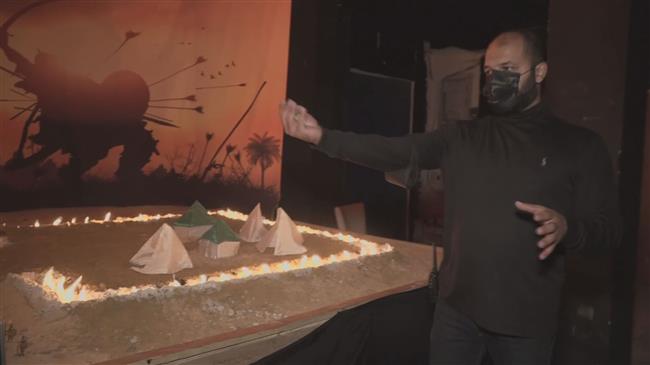
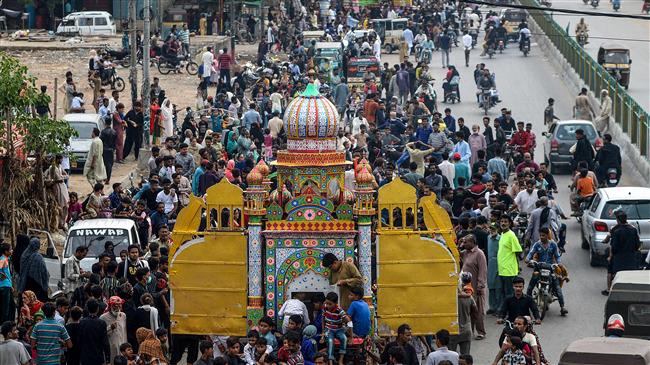
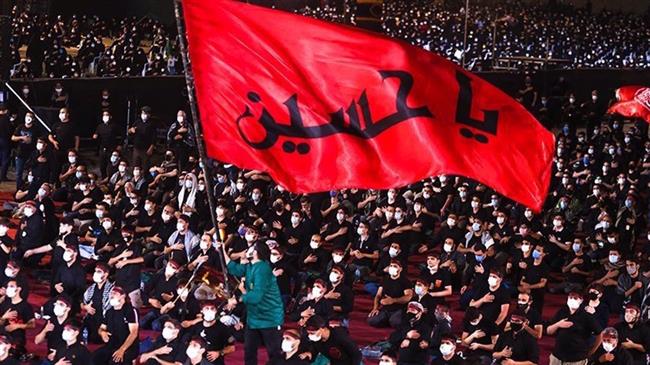
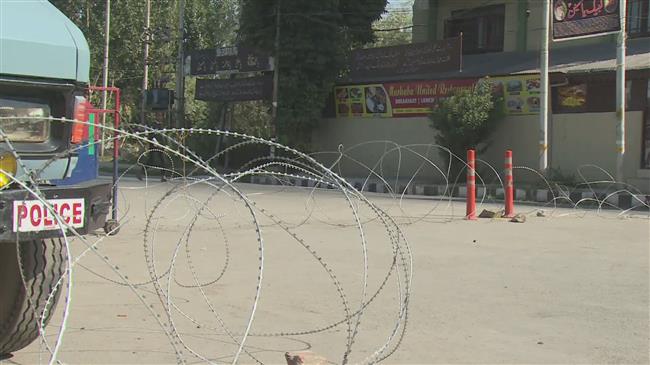
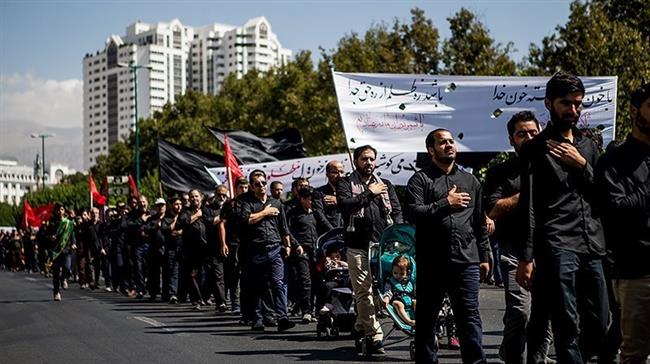
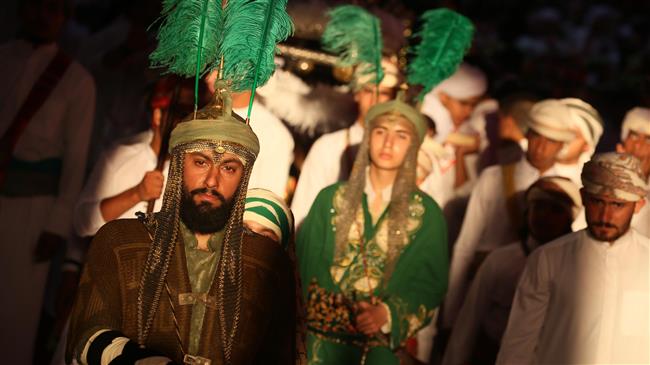

 This makes it easy to access the Press TV website
This makes it easy to access the Press TV website